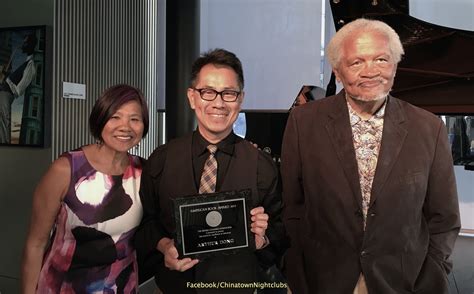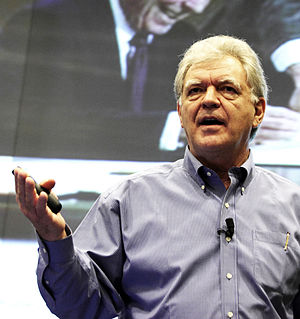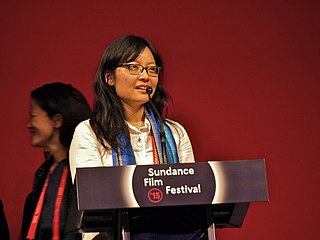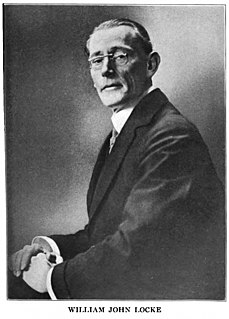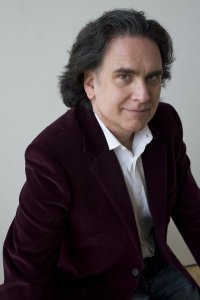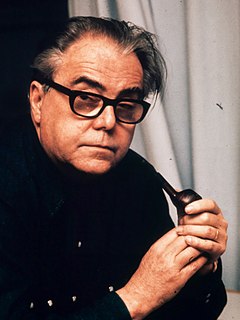A Quote by Tariq Ramadan
The world is a complex place, and the influence of the media in its representation and its power of communication and interpretation is a remarkable amplifier of emotions, and of illusions.
Related Quotes
You are already leaders. Your ideas, your actions and your decisions make a difference. More than any other generation, you have a voice. Social networking is changing how we interact - and it can change our world. You are in touch with peers from around the world. You understand the power of instant communication. I appeal to you to use that power for the common good, the power of communication and the power of networking.
A hallmark of high performance leaders is the ability to influence others through all levels and types of communication, from simple interactions to difficult conversations and more complex conflicts, in order to achieve greater team and organizational alignment. High performing leaders are able to unite diverse team members by building common goals and even shared emotions by engaging in powerful and effective dialogue.
All knowledge that is about human society, and not about the natural world, is historical knowledge, and therefore rests upon judgment and interpretation. This is not to say that facts or data are nonexistent, but that facts get their importance from what is made of them in interpretation… for interpretations depend very much on who the interpreter is, who he or she is addressing, what his or her purpose is, at what historical moment the interpretation takes place.
In the information-communication civilization of the 21st Century, creativity and mental excellence will become the ethical norm. The world will be too dynamic, complex, and diversified, too cross-linked by the global immediacies of modern (quantum) communication, for stability of thought or dependability of behaviour to be successful.
Let no one ever shy away from the claim that Jews have power, that Jews have influence. We have learned the terrible lesson of history; that unless we have influence and power, disproportionate to our small numbers - immoral results will occur. We need power. And we must continue to use our power. Power which we earned, power which no one gave us on a silver platter, power which we worked hard for - use that power in the interests of justice.


